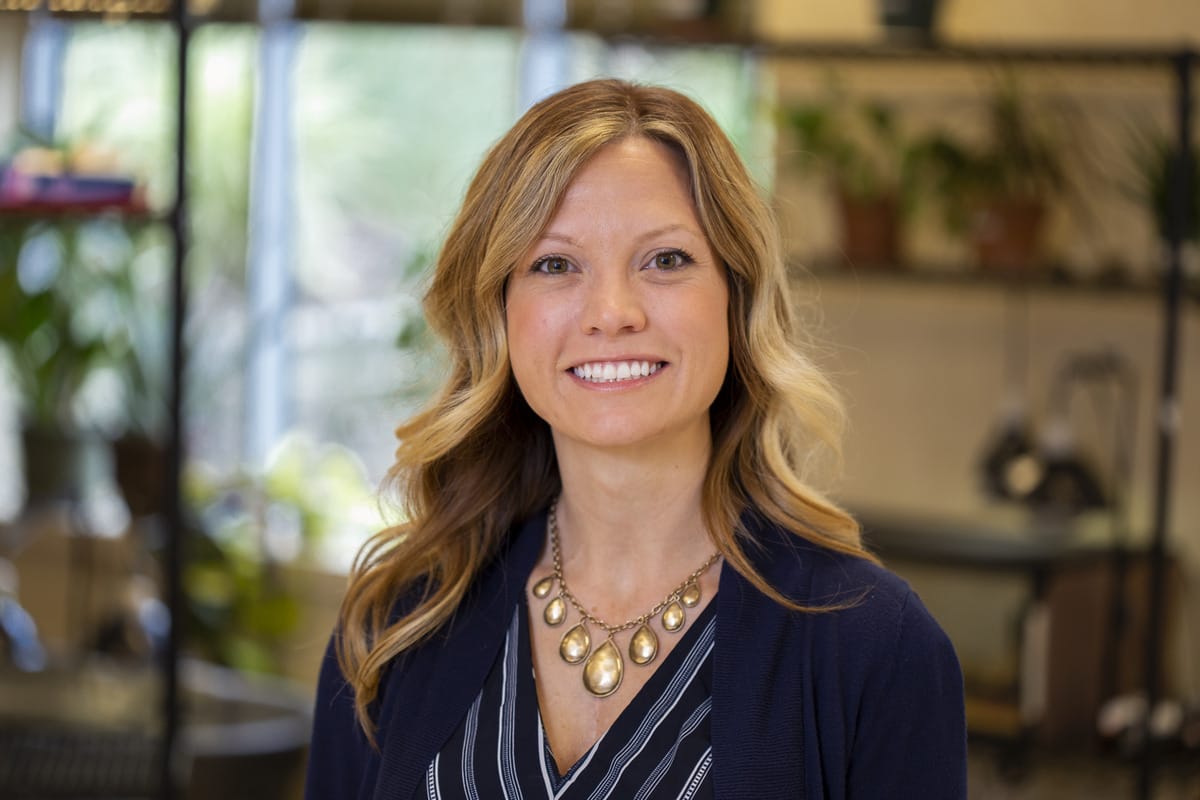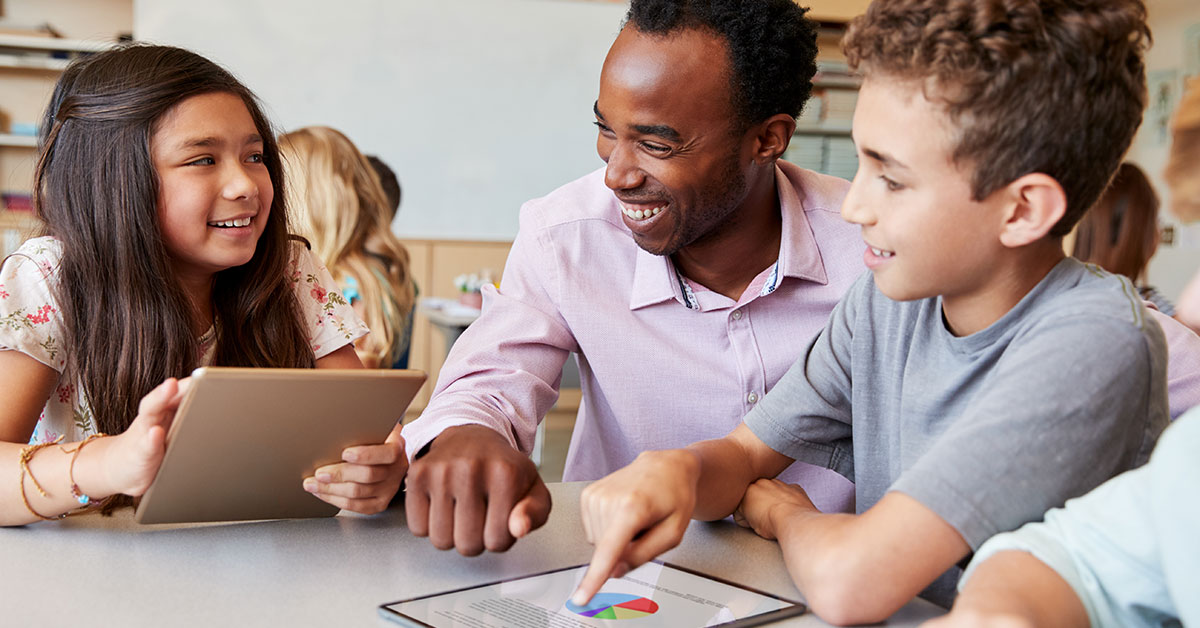If you were asked to summarize what it means to be successful, what would you say? If you asked this same question to a child, what would their answer be? I just recently read an intriguing article from The Atlantic called, Stop Trying to Raise Successful Kids and Start Raising Kind Ones. I wasn’t surprised to hear that 90 percent of American parents surveyed say that one of their top priorities is that their children be caring. This makes sense: Kindness and compassion are values we hold high. But in the highly competitive world we live in, we may be inadvertently sending our children the wrong message. We’ve taught them that success is mainly defined by good grades, athletic achievements, and “winning”.
But does that success equate to fulfillment?
Imagine a world where kindness, generosity, and character were the subjects in which our students were graded. What if colleges put service to others at the forefront of their application and selection process? Imagine if businesses and corporations incentivised their employees for making a difference in the lives of others. How then would we as a society define success? This seems like an incredible feat – to change societal norms, but what an incredible ideal to work towards. So, what can we do to start this movement at home or in our classrooms?
I think a good place to start is through those small interactions we have with our children. These moments could alter the focus of our conversations and motivate a change in our mindset.
Be Intentional
I remember overhearing my daughter, at the age of three, having a conversation with her dolls about making good choices. I thought, “Oh goodness, she sounds just like me!” Word for word, she was reciting to her dolls what I had said to her. Our kids are constantly watching our every move — and from a very early age. They are taking our words and using them in context. They are watching what we do and reciprocating our actions in situations that are relevant. This provides us with a great opportunity to model kindness – and do so with intention. If we can provide our children with opportunities to think selflessly, we are prioritizing the need to help others. If we do it alongside of them, we are showing our kids that we value kindness and compassion as well.
Change the Question
What is the first question you ask your child when they get home from school? Usually it’s something along the lines of “How was your day?” or “How did you do on your science test?” But what if we changed that question to something like, “How did you make a difference today?” or “Tell me about a friend who was kind today.” Initially, this may seem like an odd question, but think about the impact it could have on them. It gets them to not only recognize kindness in themselves and others, but also helps them define a successful day in terms of something that is truly meaningful.
Praise Kindness over Achievement
The truth is kids are more apt to admire their peers for their accomplishments – winning a race, scoring the most points, taking home the trophy at the Science Fair, than they are for demonstrating kindness. What about helping a friend work through a problem, sitting with a lonesome student at lunch, or writing a kind note to a peer who is having a bad day? By taking notice to these acts of kindness, and highlighting them as an equally significant endeavor as we do athletic or academic achievements, we can begin to get our children thinking about the power of kindness and the significant role it plays. Most importantly, we set the precedent that kindness really is cool.
One last thought: If you are a classroom teacher, consider incorporating projects into your teaching that get students thinking outside of themselves. If we can begin to include regular doses of kindness into our everyday teaching, think of the impact we can have on so many others. Here are a few projects that will help you get started: Moments to Remember, Take a Stand, and Lend a Hand.

